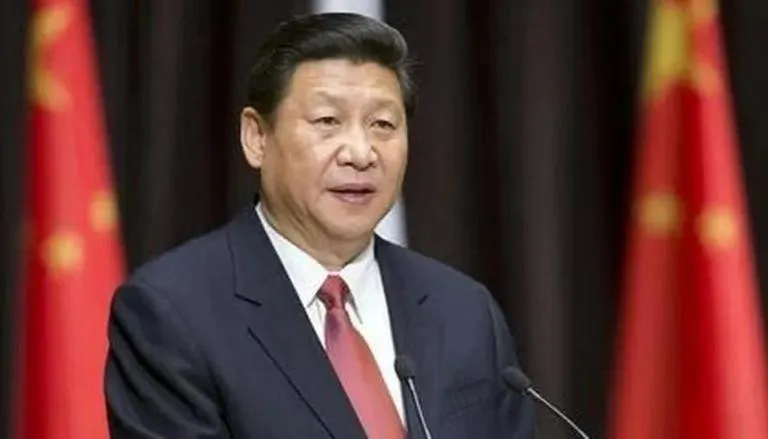Musings From Abroad
President Macron fights claims he’s dating a bodyguard
French President Emmanuel Macron has broken his silence to say he alone will take the blame for his violent bodyguard, but he also launched a Trump-like attack on the media for its coverage of the scandal
Musings From Abroad
Brazilian meatpacker JBS invests $2.5 billion in Nigeria, builds six facilities
Musings From Abroad
China’s Xi meets with Morocco’s Crown Prince
-

 Metro2 days ago
Metro2 days agoNigerian Senate confirms influx of terrorists from Mali, Burkina Faso into the country
-

 Metro2 days ago
Metro2 days agoZambia: APP leader lampoons PF over pledge to reverse forfeited properties
-

 Musings From Abroad2 days ago
Musings From Abroad2 days agoFinnish court imprisons Nigeria’s Simon Ekpa for aiding terrorism
-

 Sports2 days ago
Sports2 days agoGhanaian winger Fatawu out for season with ACL injury


















